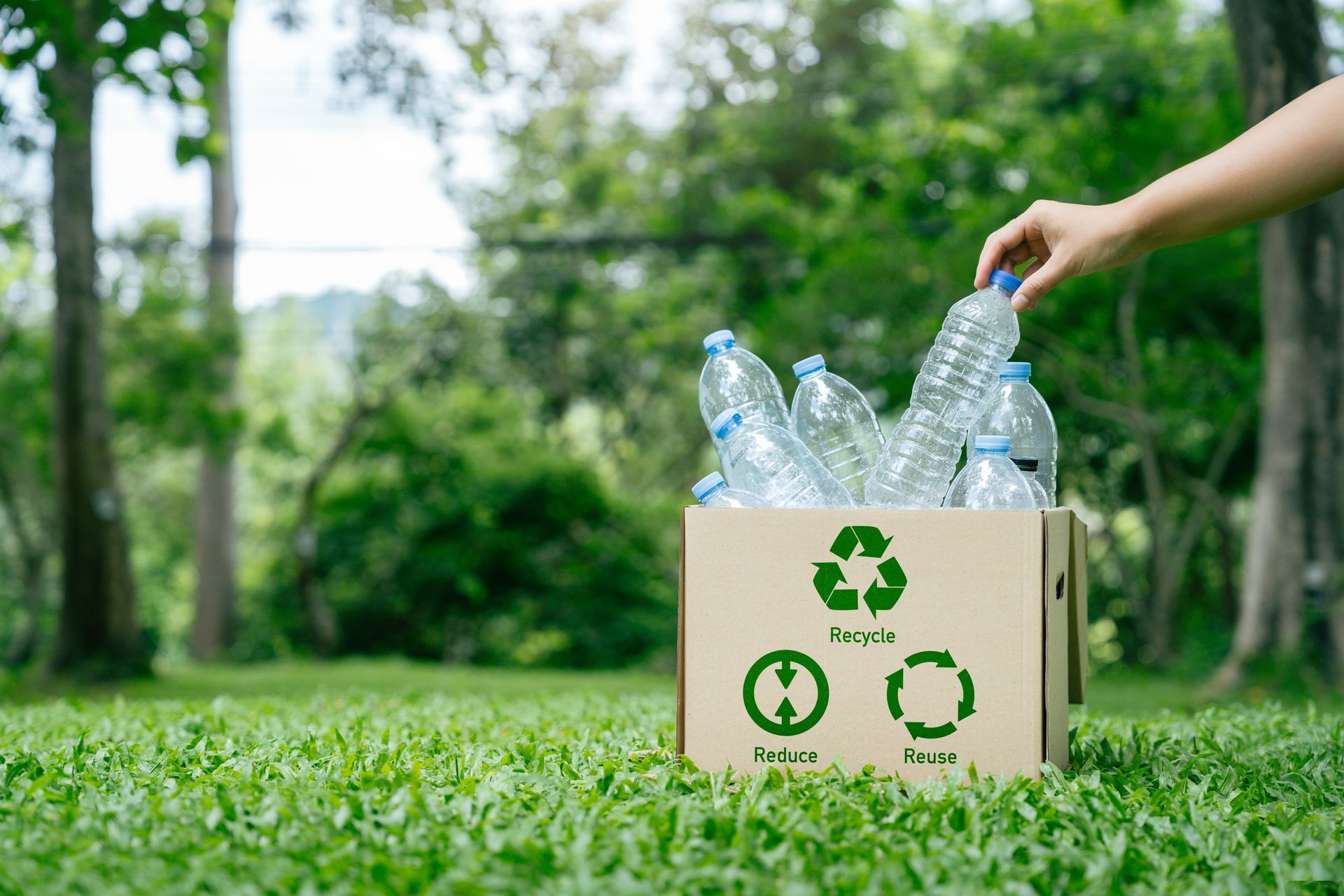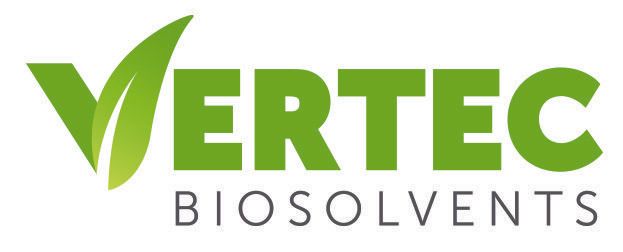Solvent-Based Recycling: Breaking Down Plastics Sustainably
June 23, 2025
As global plastic production continues to rise, the limitations of traditional recycling methods have become increasingly apparent. In response, solvent-based recycling is emerging as a promising alternative. This innovative process uses solvents to break down plastics more effectively, opening the door to cleaner, more sustainable recovery. Organizations like Vertec BioSolvents are helping lead the charge with advanced green solvent technologies.
What Is Solvent-Based Recycling and How Is It Different from Other Methods?
Solvent-based recycling uses solvents to dissolve plastic waste and separate pure polymers from additives, dyes, and contaminants. This approach preserves the quality of the plastic, unlike mechanical recycling, which often degrades the material through repeated melting and reshaping.
Compared to chemical recycling, which breaks plastics down into monomers using high heat or catalysts, solvent-based recycling is simpler and less energy-intensive. It focuses on three core steps, dissolution, solubilization, and purification, that allow for efficient recovery without destroying the polymer.
This method offers a cleaner, more targeted solution for recycling complex or contaminated plastics.
Why Solvent-Based Recycling Is Gaining Attention
Solvent-based recycling is drawing attention for its ability to recover overlooked plastics, support circularity, and meet rising sustainability demands.
Problem with Traditional Plastic Recycling
Most traditional recycling relies on mechanical methods that degrade plastic quality with each cycle. Contamination, mixed materials, and the presence of additives often make these plastics unrecyclable or result in lower-grade products. Chemical recycling, while more flexible, is energy-intensive and expensive to scale.
These limitations have led to low recycling rates globally, with much of the plastic waste either landfilled, incinerated, or exported. The system lacks efficiency and consistency, especially when dealing with complex or multi-layer plastics.
Solvent Recycling’s Role in a Circular Economy
Solvent-based recycling supports a circular economy by enabling the recovery and reuse of high-quality polymers from plastic waste. Instead of downcycling or discarding materials, this method helps keep plastics in circulation longer, reducing the need for virgin feedstock.
By separating polymers from fillers, dyes, and contaminants, solvent-based processes allow manufacturers to reclaim material that can meet original performance standards. This closed-loop approach aligns with broader industry goals for waste reduction and sustainable resource use.
Demand for More Efficient, Scalable Plastic Solutions
The global push for better recycling outcomes has intensified the search for solutions that are both effective and scalable. Industries are looking for processes that can handle diverse plastic types, minimize waste, and operate within existing manufacturing systems.
Solvent-based recycling answers this call with its ability to target specific polymers, work with contaminated or complex plastics, and integrate into various production environments. As regulations tighten and sustainability benchmarks rise, the need for adaptable and high-yield recycling methods continues to grow.
How the Solvent-Based Recycling Process Works
This process uses solvents to dissolve plastics, isolate pure polymers, and remove unwanted materials for reuse.
Types of Solvents Used in Plastic Dissolution
The effectiveness of solvent-based recycling depends largely on the choice of solvent. Different plastics require different solvent chemistries to dissolve effectively without damaging the polymer chains. Common options include organic solvents such as esters, alcohols, and hydrocarbons, which are selected based on their ability to target specific polymer types.
Vertec Biosolvents specializes in green solvents derived from bio-based and biodegradable sources, offering sustainable alternatives to traditional industrial solvents. These solvents aim to improve process efficiency while reducing environmental impact, making them ideal for scalable and sustainable recycling systems.
Handling of Additives, Fillers, and Contaminants
One of the key strengths of solvent-based recycling is its ability to separate pure polymers from additives, fillers, and other unwanted materials. During the dissolution stage, the solvent selectively targets the plastic, leaving behind pigments, flame retardants, and other contaminants.
These byproducts can then be filtered out or processed separately, resulting in a cleaner recycled material.

What Plastics Can Be Recycled Using Solvents?
Solvent-based recycling works best with thermoplastics, which can be repeatedly softened and reformed. Common targets include polyethylene (PE), polypropylene (PP), polystyrene (PS), and polyethylene terephthalate (PET). These materials are widely used in packaging, textiles, and consumer goods.
Certain high-performance plastics used in electronics and automotive parts can also be processed, depending on their composition and the solvents applied.
Sustainability and Safety Considerations
Solvent-based recycling becomes more sustainable when paired with renewable, low-toxicity solvents that reduce emissions and environmental impact. These solvents also improve safety in industrial settings by lowering exposure risks and simplifying compliance. Vertec BioSolvents develops solutions that meet both environmental and operational standards, making the process cleaner and safer from end to end.
Real-World Applications and Industry Use Cases
Solvent-based recycling is being adopted in sectors where material purity and performance are critical. Packaging manufacturers use it to recover high-quality polymers from multi-layer films. In electronics, it helps extract valuable plastics from complex assemblies without damaging sensitive components. The automotive and textile industries also benefit, reclaiming durable materials that would otherwise go to waste.
These applications demonstrate the versatility of solvent-based methods and their growing role in commercial recycling strategies.
The Role of Green Solvents in Plastic Recycling
Green solvents are essential to making solvent-based recycling a long-term solution. Derived from renewable sources like corn, soy, and citrus, these solvents offer the performance needed for industrial recycling without the environmental costs of traditional petrochemical options.
Vertec BioSolvents is at the forefront of this shift, offering high-efficiency, bio-based solvents that support clean plastic recovery and responsible manufacturing. Their solutions are engineered for compatibility, safety, and sustainability, helping businesses meet both performance and environmental goals.
Ready to integrate green solvents into your recycling processes?
Explore Vertec BioSolvents' product line or contact us today to learn how our solutions can support your sustainability goals.


